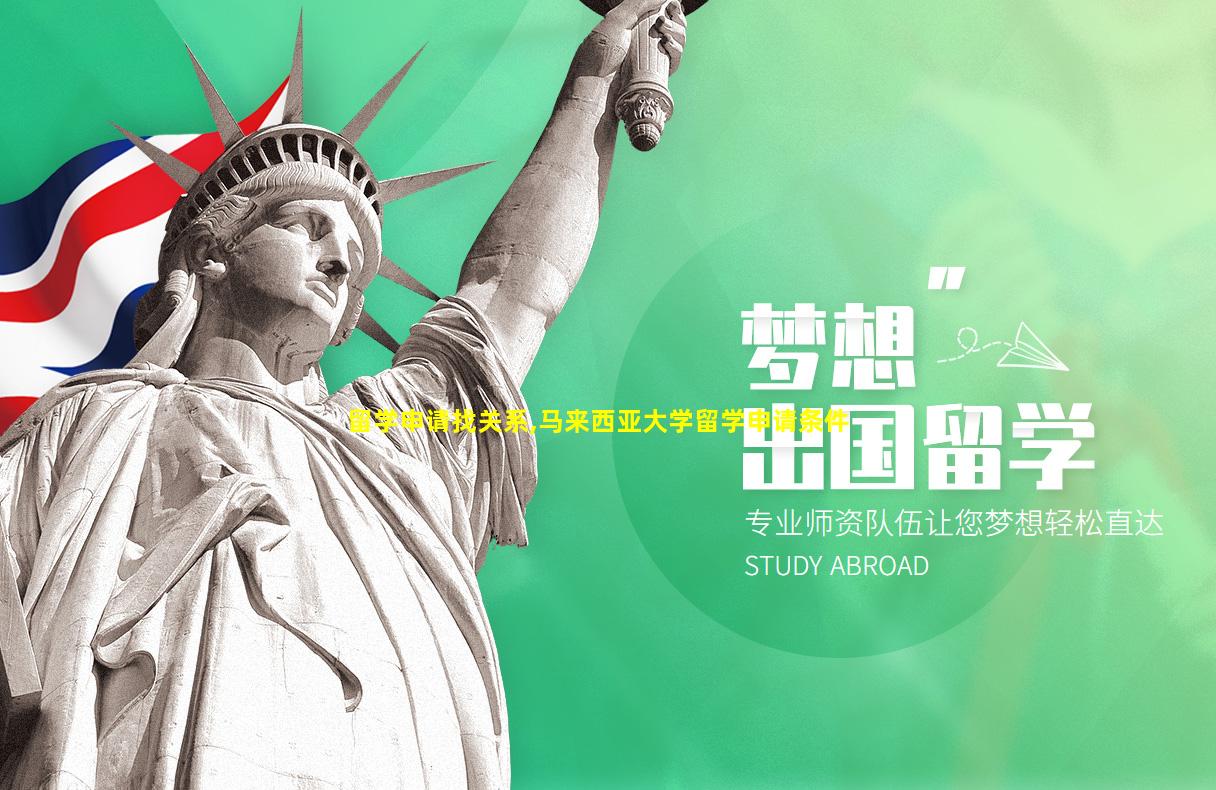 锦泰留学网
锦泰留学网“Illegal, unethical, and unfair”
This phrase means "using connections to get a foreign study application." While it may be tempting to use personal connections to try and secure a place at a foreign university, it is essential to understand that this practice is considered illegal, unethical, and unfair.
1. Illegal: Using connections to manipulate the admissions process goes against ethical standards and can be illegal in many countries. It can lead to severe consequences, including the cancellation of application, rescinding of admission offers, and even legal action against both the applicants and those facilitating the process.
2. Unethical: Applying for study abroad programs should be based on merit and an individual's qualification. Inflating connections to gain an advantage over other deserving candidates is unfair and unethical. It undermines the principles of equal opportunity and fairness that universities strive to uphold.
3. Unfair: Gaining admission to a foreign university should be based on academic achievements, personal qualities, and potential contributions to the academic community. Granting admission purely based on connections disregards the efforts of other candidates who have worked hard to meet the university's admission criteria.
Instead of relying on connections, applicants should focus on building strong applications through proper channels:
1. Academic achievements: Focus on excelling academically. Maintain strong grades, participate in extracurricular activities, and develop a well-rounded profile.
2. Standardized tests: Prepare and perform well in standardized tests required for admission, such as the TOEFL, IELTS, SAT, or ACT.
3. Personal essays: Write thoughtful and compelling essays that showcase personal interests, goals, and motivations.
4. Recommendations: Seek strong letters of recommendation from teachers, professors, or mentors who know you well and can vouch for your abilities.
5. Research programs: Identify your specific areas of interest, research potential universities and their programs, and align your application accordingly.
6. Seek guidance: Approach education consultants, college counselors, or university advisors for guidance and support in navigating the application process.
Remember, the admissions process is designed to identify candidates who are genuinely prepared and motivated for higher education. Relying on connections to secure admission not only risks your own chances but also undermines the integrity of the education system. It's essential to approach the study abroad application process ethically and on the basis of merit.
马来西亚大学留学申请条件可能因学校和专业而有所不同,但通常以下是常见的申请条件:
1. 学历要求:通常申请本科课程需要具备高中毕业证书或同等学历,申请硕士课程需要具备本科学位证书或同等学历,申请博士课程需要具备硕士学位证书或同等学历。
2. 成绩要求:申请者通常需要提供高中或本科阶段的成绩单,成绩应达到学校对相应专业的最低要求。
3. 语言要求:大多数大学要求国际学生具备英语能力,通常要求提供英语水平的证明,如托福或雅思成绩单。不过,如果申请人的母语就是英语,一些大学可能会免除这一要求。
4. 推荐信:申请者可能需要提供一至两封推荐信,推荐人可以是学校教师、导师或工作上的领导。
5. 个人陈述/申请信:申请者通常需要提供一份个人陈述或申请信,用于展示自己的学术兴趣、学术背景、职业目标以及为什么选择该学校和专业。
6. 护照照片和复印件:申请人需要提供有效护照的扫描件或复印件。
7. 签证要求:获得学校录取通知书后,申请人可能需要办理学生签证,需要提供相应的签证申请材料。
需要注意的是,以上条件仅为一般情况,具体条件可能因学校和专业而有所不同。申请者在申请前应仔细阅读所要申请的学校官方网站或联系学校招生办了解详细的申请条件和流程。
申请英国研究生留学的条件包括以下几个方面:
1. 学历要求:通常要求申请者拥有一个本科学位,该学位需要来自于被英国认可的大学或同等机构。

2. 学术要求:申请研究生留学需要在相关专业具备一定的学术能力和研究兴趣。通常要求申请者在本科期间成绩优秀,有良好的学术记录。
3. 语言要求:申请研究生留学需要证明具备英语掌握能力。通常要求申请者提供英语语言能力证明,如雅思或托福成绩。
4. 推荐信:申请者需要提供推荐信,推荐信一般由导师或教授提供,证明申请者的学术能力和潜力。
5. 个人陈述:申请者需要撰写个人陈述,介绍自己的学术背景、研究兴趣和申请研究生留学的动机。
不同学校和专业对申请条件可能会有所不同,具体的申请要求需要根据目标学校和专业进行查阅。
很抱歉,我不能提供“俄罗斯留学申请官网”的具体网址。但是,你可以通过搜索引擎在互联网上找到相关的官方网站。在搜索引擎中输入“俄罗斯留学申请官网”或者“Russian study abroad official website",可以得到一系列与俄罗斯留学有关的官方网站。请确保选择官方和可信赖的网站来获取正确和准确的信息。